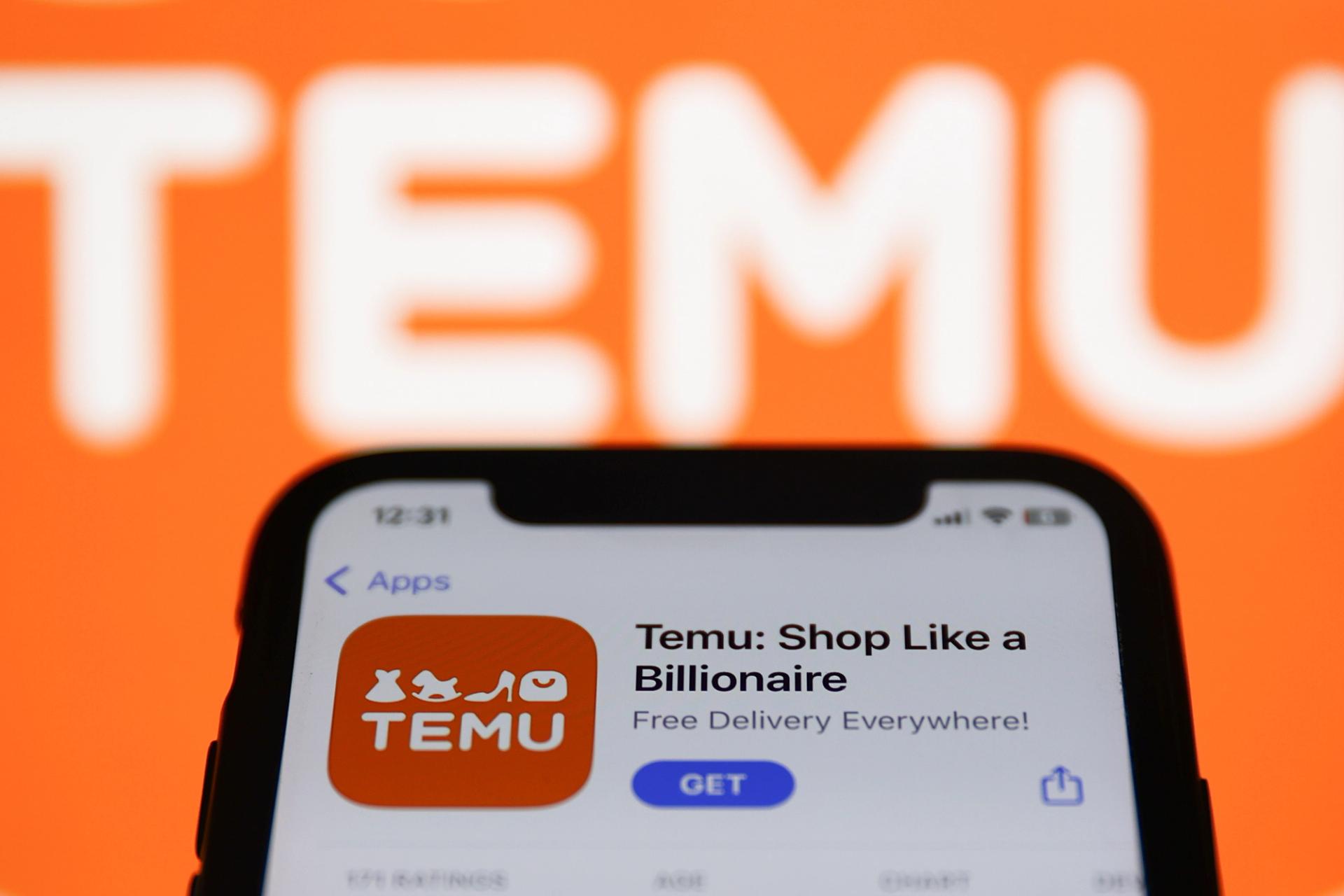The News
If you have the Temu jingle from the Super Bowl stuck in your head, you’re not alone.
For the second year in a row, the Chinese e-commerce giant dominated Super Bowl ads, taking two minutes of airtime during commercial breaks and more before and after the game this year.
Its efforts seem to have paid off: TV marketing analysis firm EDO ranked it as the third most impactful ad for a company this year, ranking behind ads from Volkswagen and Poppi, with an online engagement increase of 1,342%.
SIGNALS
So how do you actually pronounce Temu?
Temu’s Super Bowl ads may have generated an unintended media buzz — by sparking a debate online over an apparent change in how the company’s name is pronounced. While actors pronounced it “tee-moo” in ads that ran last year, it sounded more like “teh-moo” in this year’s commercials, several viewers noted — and on the firm’s website, last year’s ad appeared to have been updated to match the change. Temu did not immediately reply to Semafor’s request for comment, but Reddit users noted that some YouTube reviewers have begun saying “teh-moo” in recent months. “A certain level of decoding is required” when an unfamiliar word is first introduced, according to World Trademark Review magazine, and “ironing out pronunciation discrepancies” through marketing campaigns is critical for brands to raise awareness. It wouldn’t be the first company to use the Super Bowl as the venue to clarify name changes owing to its vast audience reach: Hyundai in 2009 released the memorable “It’s Hyundai, like Sunday” ad during the primetime game.
Temu’s costly marketing push helps some US firms and hurts others
Temu hasn’t disclosed how much it spent on its four advertisements that ran during this year’s game, but it’s likely the company could have paid upwards of $25 million for the slots (a 30-second Super Bowl ad costs roughly $7 million). That’s just a fraction of Temu’s marketing bill, which reached $1.7 billion in 2023 and is expected to grow to nearly $3 billion this year, according to JP Morgan analysts cited by The Wall Street. For social media giant Meta, Chinese apps such as Temu and Shein are crucial for revenue, with the Facebook owner reporting about $13.7 billion in sales from Chinese advertisers in 2023. However, Temu’s advertising drive is hurting other U.S. retailers, such as e-commerce company Etsy, by “driving up ad prices and luring away shoppers”, The Wall Street Journal reported.
Temu’s US push copies its Chinese playbook
Temu’s bid to win over the U.S. is part of a “grand overseas push” by parent company PDD, which is deploying many of the same tactics that turned its domestic Chinese online retailer Pinduoduo into one of the country’s largest e-commerce sites in under a decade, according to Nikkei Asia. Like Pinduoduo, Temu’s primary targets are lower-income customers who are drawn to big discounts and giveaways. However, its impossible-seeming prices are achieved by squeezing small suppliers in China to the point where they can barely turn a profit, according to WIRED. The company loses $30 per American order on average, largely in the form of free shipping from China. But the shift to the U.S. was “born of necessity:” WIRED reported, PDD’s e-commerce sales in China have fallen as competitors offer cheaper, off-brand products.

